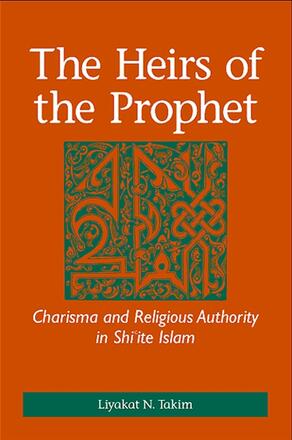
The Heirs of the Prophet
Charisma and Religious Authority in Shiʿite Islam
Alternative formats available from:
Looks at how various factions used the tradition that scholars were the “heirs of the Prophet” during the classical period of Islam (570–1258 CE).
Description
2007 CHOICE Outstanding Academic Title
After the death of the Prophet Muhammad, different religious factions within the Muslim community laid claim to the Prophet's legacy. Drawing on research from Sunni and Shi>ite literature, Liyakat N. Takim explores how these various groups, including the caliphs, scholars, Sufi holy men, and the Shi>ite imams and their disciples, competed to be the Prophetic heirs. The book also illustrates how the tradition of the "heirs of the Prophet" was often a polemical tool used by its bearers to demand obedience and loyalty from the Muslim community by imposing an authoritative rendition of texts, beliefs, and religious practices. Those who did not obey were marginalized and demonized. While examining the competition for Muhammad's charismatic authority, Takim investigates the Shi>ite self-understanding of authority and argues that this was an important factor in the formation of a distinct Shi>ite leadership. The Heirs of the Prophet also provides a new understanding of textual authority in Islam by examining authority construction and the struggle for legitimacy evidenced in Islamic biographical dictionaries.
Liyakat N. Takim is Associate Professor of Islamic Studies at the University of Denver.